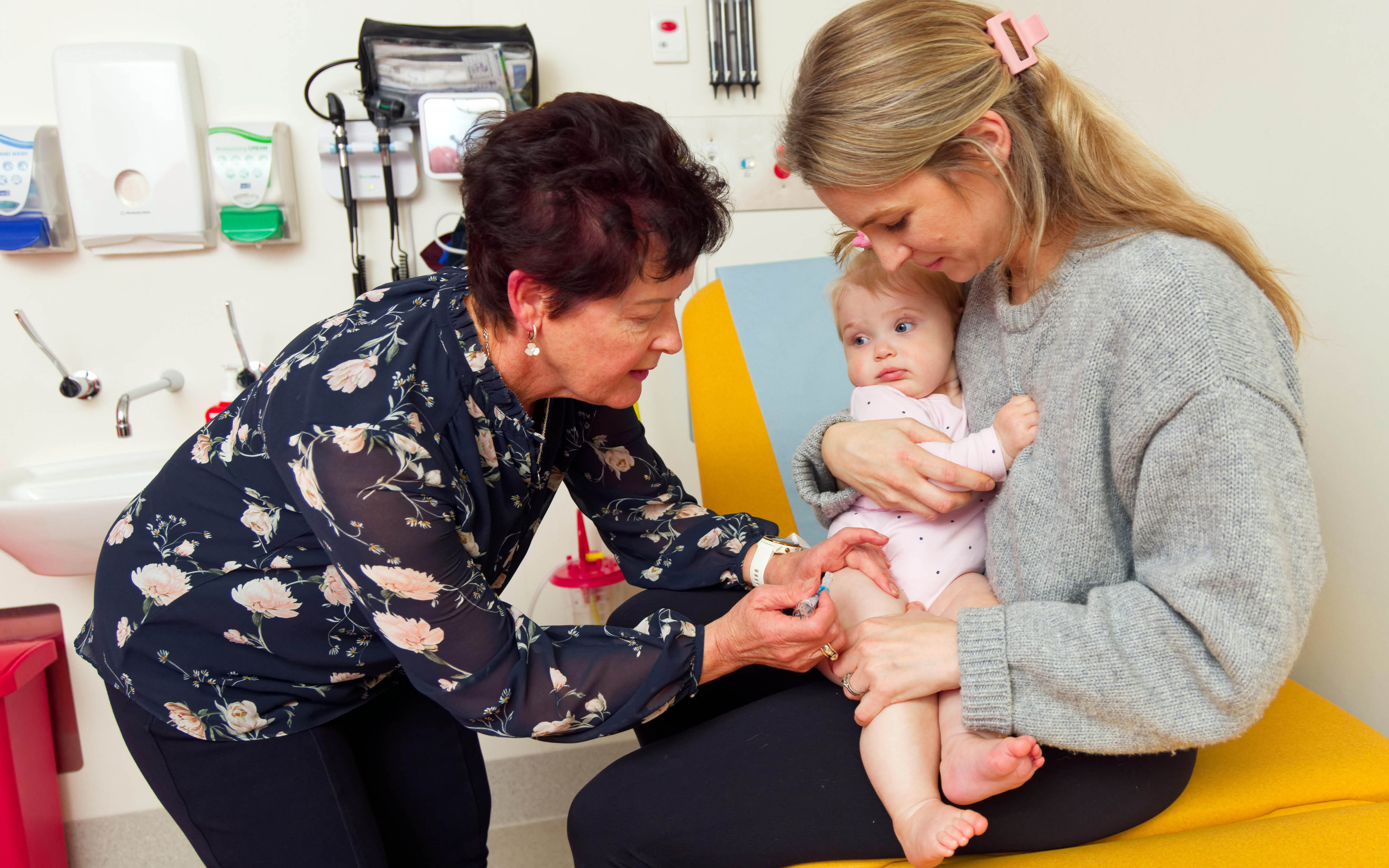Search
Research
Realising the potential impact of artificial intelligence for rare diseases – A frameworkRare diseases (RD) are conditions affecting fewer than 1 in 2000 persons, with over 7000 largely genetic RDs affecting 3.5 %-5.9 % of the global population, or approximately 262.9–446.2 million people. The substantial healthcare burden and costs, such as the $1 trillion annual expense in the USA, highlight the urgent need for improved RD management. The International Rare Diseases Research Consortium (IRDiRC) addresses this need through global collaboration, aiming for timely and accurate diagnosis, development of 1000 new therapies, and methodologies to measure impact by 2027.
Research
Can Respiratory Hospital Admissions in Children with Cerebral Palsy Be Reduced? A Feasibility Randomized Controlled Trial (RESP-ACT)To investigate the feasibility of implementing recommendations of the consensus statement for the Prevention and Management of Respiratory Disease in children with severe cerebral palsy (CP) via RESPiratory hospital Admissions in children with cerebral palsy: a feasibility randomized Controlled Trial (RESP-ACT).
Research
The human milk microbiome is minimally associated with breastfeeding practicesThe human milk microbiome is dominated by typical oral and skin bacteria, suggesting that bacterial communities from the infant mouth and maternal skin contribute to the development of the human milk microbiome. It is postulated that breastfeeding characteristics, such as breastfeeding frequency and duration, could lead to different levels of exposure to oral and skin bacteria, and subsequently, altered bacterial profiles in human milk.
Research
Exploring the evidence on housing and health among Indigenous peoples in high-income countries: A scoping review protocolThe objective of this scoping review is to understand the nature of the published evidence on housing suitability, affordability, insecurity, and homelessness in relation to physical and mental health, domestic violence, and health service use among Indigenous people in high-income countries.
Research
Parent and Child Choice of Sugary Drinks Under Four Labelling ConditionsThe majority of Australian children exceed the World Health Organization's recommended dietary intake of free sugar, particularly through the consumption of sugar-sweetened beverages. Front-of-pack nutrition labels increase perceived risk and deter the consumption of sugar-sweetened beverages.
Research
Effect of methylphenidate exposure on glutamate and glutamate-related metabolites in patients with ADHD: a systematic reviewDysfunctional glutamatergic neurotransmission has been implicated in the underlying pathogenesis of Attention Deficit Hyperactivity Disorder (ADHD). The psychostimulant methylphenidate (MPH), which is used as a first line treatment for ADHD, has been shown to have both acute and chronic effects on prefrontal cortex glutamatergic afferents. Animal studies have also identified an effect of MPH and glutamate in prefrontal areas. Despite this there are ongoing questions as to the extent and direction of this effect, as well as its impact on other neurobiological processes.
Research
Parental Experiences of Having a Child Diagnosed With Septo-Optic DysplasiaSepto-optic dysplasia (SOD) is a congenital disorder affecting 1 in 10,000 births, defined by the presence of at least two of a clinical triad, consisting of optic nerve hypoplasia, midline brain defects and pituitary hormone deficiency. Children with SOD may have vision impairment, hormonal deficiencies, developmental disorders, or epilepsy, but the clinical picture is highly variable. The complexity of SOD, its interplay with family factors, and the need for multiple specialty commitments can make the diagnosis period a challenging time for families.
Research
The Use of Alcohol Pharmacotherapies and Prescription Contraceptives among Females of Reproductive Age in AustraliaThere is no clear clinical guidance on the use of alcohol pharmacotherapies in pregnancy due to insufficient safety information. Contraception should therefore be considered for reproductive-aged females receiving alcohol pharmacotherapies not wishing to become pregnant. This study evaluated the concurrent use of alcohol pharmacotherapies with prescription contraception and other medications in Australian females of reproductive age compared to those not receiving an alcohol pharmacotherapy.
Research
Examining the overlap in lymphatic filariasis prevalence and malaria insecticide-treated net access-use in endemic AfricaEradication and elimination strategies for lymphatic filariasis (LF) primarily rely on multiple rounds of annual mass drug administration (MDA), but also may benefit from vector control interventions conducted by malaria vector control programs. We aim to examine the overlap in LF prevalence and malaria vector control to identify potential gaps in program coverage.

The mission of the Vaccine Trials Group is to improve the health of the community through immunisation and the prevention of infectious diseases.
